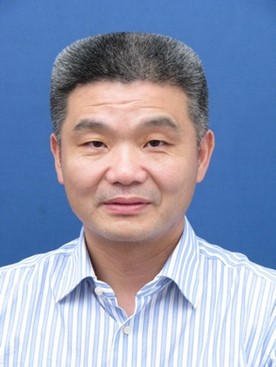
Speaker: Prof. Gangmin Ning
Date and time: August 22, Tuesday, 3:00-4:30pm
Place: LAMPS lab, N532 Ross building
Abstract: In the intensive care unit (ICU), sepsis and acute respiratory distress syndrome (ARDS) stand out as the most prevalent syndromes, contributing to elevated mortality rates. To enhance the efficacy of clinical interventions, it is crucial to forecast patient prognoses and administer optimal strategies. However, ICU data are characterized by their intricate nature, owing to the diversity of disease patterns, asynchrony in information, incomplete clinical features, and more. To address these challenges, machine learning models were developed for improving ICU treatments.
With the strengths of an ensemble framework comprising various machine learning algorithms, a series of models were formulated. They were utilized to evaluate the mortality in ICU patients and recommend optimal interventions within appropriate timeframes. The models were evaluated by the acknowledged ICU admissions database, Medical Information Mart for Intensive Care III (MIMIC-III). In comparison to conventional methods, the models have demonstrated remarkable enhancements in dynamically predicting sepsis-related mortality, warning potential failures in non-invasive mechanical ventilation therapy and suggesting opportune instances for clinical interventions.
Short CV of Prof. Gangmin Ning: Gangmin Ning obtained degree of Bachelor and Master in Biomedical Engineering from Zhejiang University, China, and degree of Dr.-Ing in Biomedical Engineering from Ilmenau University of Technology, Germany. He is currently a Professor in the Department of Biomedical Engineering at Zhejiang University, China. Also he holds positions as a Visiting Professor at Charité Medicine Center, Germany, and Guest Professor at Capital University of Physical Education and Sports, China. He serves as the Deputy Director of the Engineering Research Center for Electronic Medical Records and Intelligent Expert Systems, Ministry of Education, China and Chief Supervisory of the Microcirculation Society of China. He is a Senior Member of IEEE and the Chinese Society of Biomedical Engineering. His main research areas encompass mathematical models for physiological system, artificial intelligence in medicine, and rehabilitation technologies for elderly. He achieved one first prize and three second prizes of Science and Technology Progress Awards, Zhejiang Province, China.
